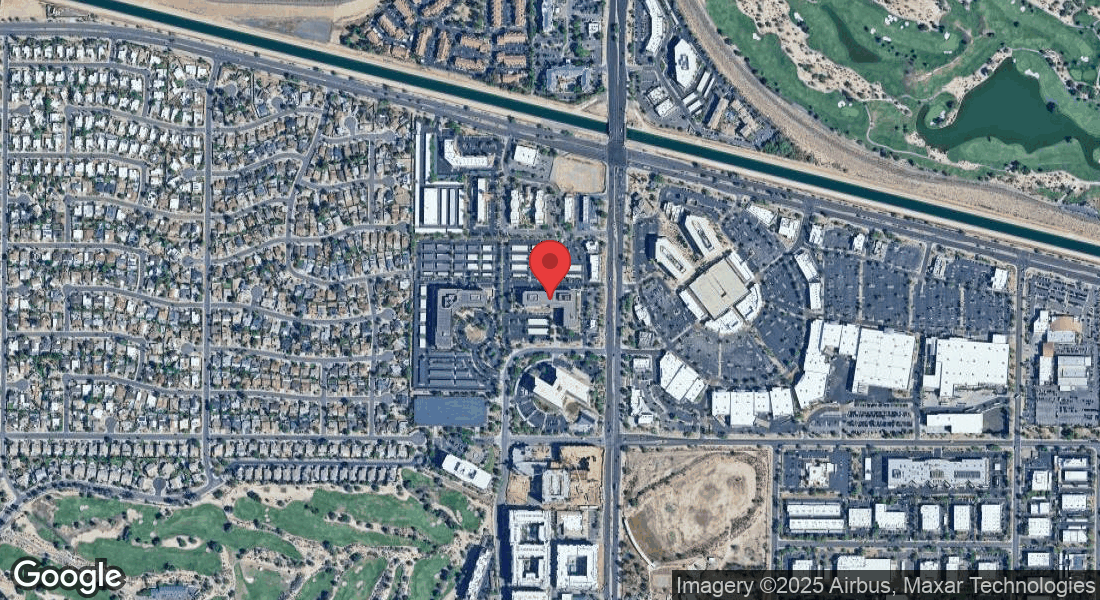Press
Blog

Know Who You Are Selling Your Land To
“Know Who You Are Selling Your Land To” - Maddy Bjugan
When it comes to selling land, trust between the buyer and seller is essential.
It is crucial that the buyer demonstrates transparency and keeps you informed throughout each step of the process.
As a seller, you deserve clear communication and complete transparency from the buyer to ensure a smooth and trustworthy transaction.
Allied Development recognizes the significance of trust between the buyer and seller and demonstrates this by:
Never asking a landowner to sign a lengthy one-sided to agreement
Always being clear on expected timeline and project feasibility
Welcoming external review of our contract by a landowner’s attorney or broker
Never entering a contractual agreement that we do not have the financial ability to close
Allied Development believes in taking the time to understand what is important to the seller. To learn more about Allied Development’s key attributes click here.

Get to Know The Developer
When selling land to a developer, it’s essential to gather all the necessary information and ensure a smooth transaction. Here are some important things to look for and questions to ask as a landowner when selling to a developer:
Developers Experience and Expertise:
Inquire about the developer’s background and experience in land development. Ask about their previous projects, their track record, and their expertise in handling similar types of land. Be sure they possesses the necessary knowledge and expertise in zoning regulations, land use planning, permitting processes, construction, etc.Project Timeline:
Ask the developer about the anticipated timeline for the project. Inquire about the duration of the development process, including any necessary approvals or permits, construction phases, and the estimated completion date.Development Constraints:
Determine if there are any constraints or challenges that could impact the development, such as zoning restrictions, environmental regulations, access to utilities, or any legal or regulatory issues. Discuss how the developer plans to address these constraints.Communication and Updates:
Establish a communication plan with the developer. A good developer should maintain open and frequent communication, keeping you informed about the progress of the project, any challenges, and potential changes that may arise.Reputation and References:
Research the developer’s reputation within the industry and among previous land sellers. Seek references and testimonials from other landowners who have sold their land to the same developer. This will help you gauge their professionalism, reliability, and transparency in business dealings.Contracts and Legal Considerations:
Review any contracts, purchase agreements, or legal documents involved in the transaction. Seek legal advice to ensure the terms and conditions protect your rights and interests as the landowner.Professionalism and Integrity:
Trust your instincts and assess the developer’s professionalism, integrity, and overall business conduct. A reputable developer should demonstrate honesty, ethical practices, and a commitment to fostering positive relationships with land sellers and stakeholders.
Allied Development has a track record of transforming raw land into thriving development projects on a national platform for over 20 years. Through our years of experience, we have streamlined the process—managing every twist and turn along the way, to ensure success in the most efficient way.
Land development can often be fraught with hidden surprises. With thorough due diligence practices and a wholistic knowledge of the process, Allied can overcome those obstacles and maximize returns for both landowners and stakeholders alike.
Think we would be a good potential partner for you? Reach out to us here.





